
Dr. Arlena Jung, “Time Management & Resilience”
Abstract: In this talk, Dr. Jung will focus on the three key principles of good time management: defining priorities, managing expectations and developing routines that work. Following the lecture, the

Abstract: In this talk, Dr. Jung will focus on the three key principles of good time management: defining priorities, managing expectations and developing routines that work. Following the lecture, the

Abstract: The recent success in Computer Vision has been mostly attributed to improved results using deep learning models trained on large labeled datasets. Many of these datasets have been labeled

Abstract: Programming robots to manipulate articulated objects such as drawers, doors, or locks is a challenging task. One of the major reasons for this difficulty is that robots must physically
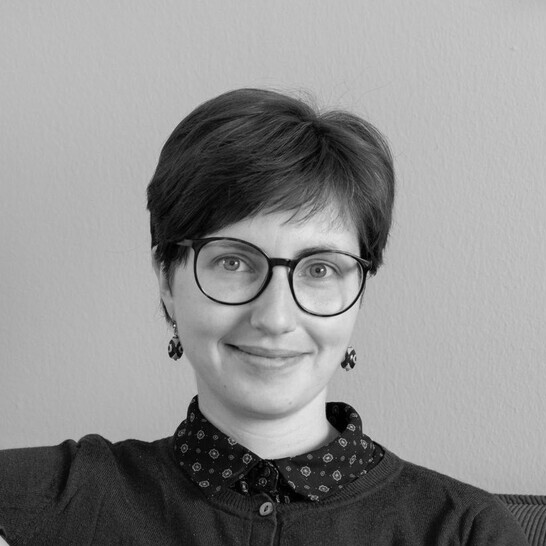
Abstract: It has recently been proposed that a minimal condition of intelligence is the ability to form accurate predictions (Tjøstheim & Stephens 2021). In this talk, I evaluate the promise

Abstract: Event cameras are novel bio-inspired sensors that naturally respond to motion in the scene. They have promising advantages, namely a high dynamic range, little motion blur and low latency.
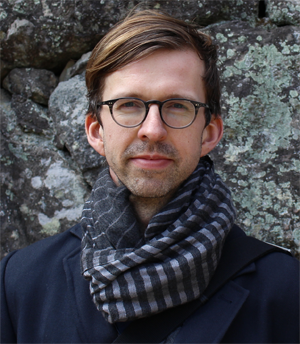
Abstract: Artificial deep neural networks (DNNs) are used in many different ways to address scientific questions about how biological vision works. In spite of the wide usage of DNNs in

More details to follow. This talk will take place in person at SCIoI.
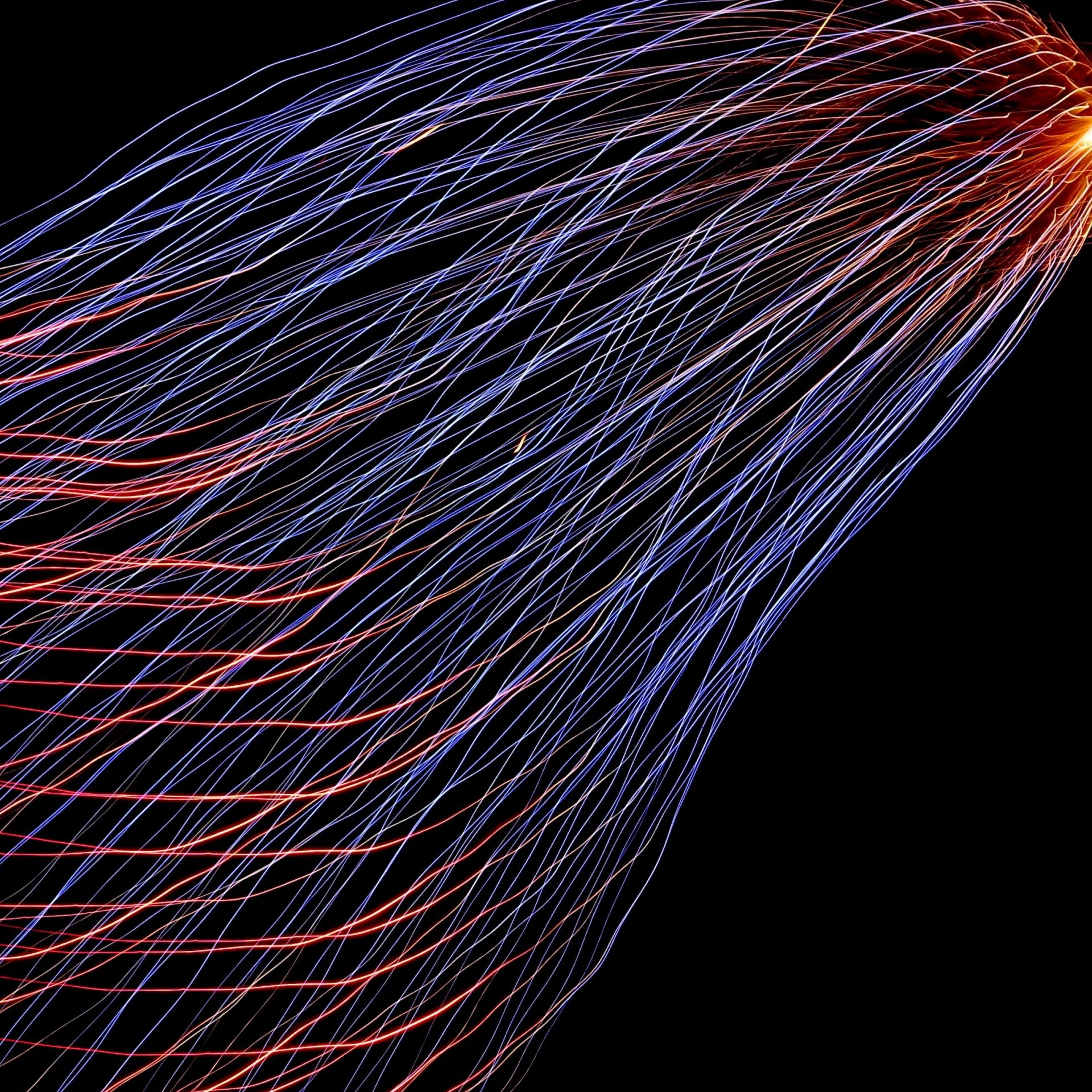
Abstract: The opacity of datasets poses a significant challenge to creating inclusive and intelligible machine learning (ML) systems. Various AI ethics initiatives have addressed this issue by proposing standardized dataset

Abstract: In our project, we explore the idea that complex, intelligent behavior can be generated by selecting from simple strategies in a smart way. In the first part, we will
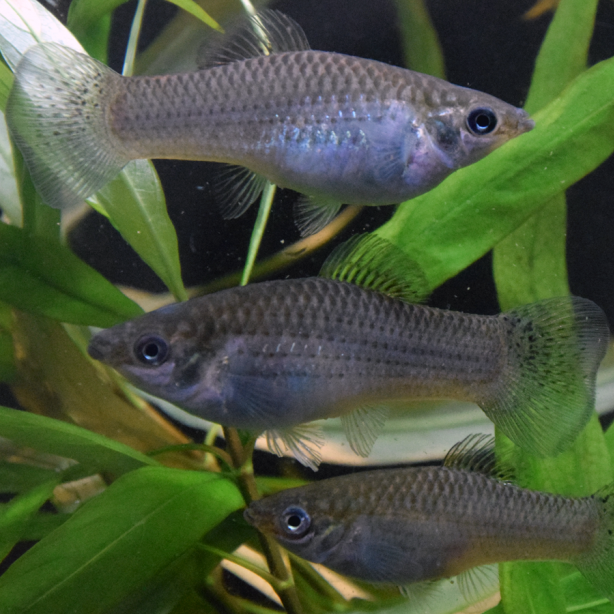
Abstract: Collective dynamics play a crucial role in everyday decision-making. Whether social influence promotes the spread of accurate information and ultimately results in collective intelligence or leads to false information

Using swarm optimization algorithms as heuristic solutions in various engineering problems, including the state estimation of nonlinear systems, has been an inspiration to me for my SCIoI project. We started
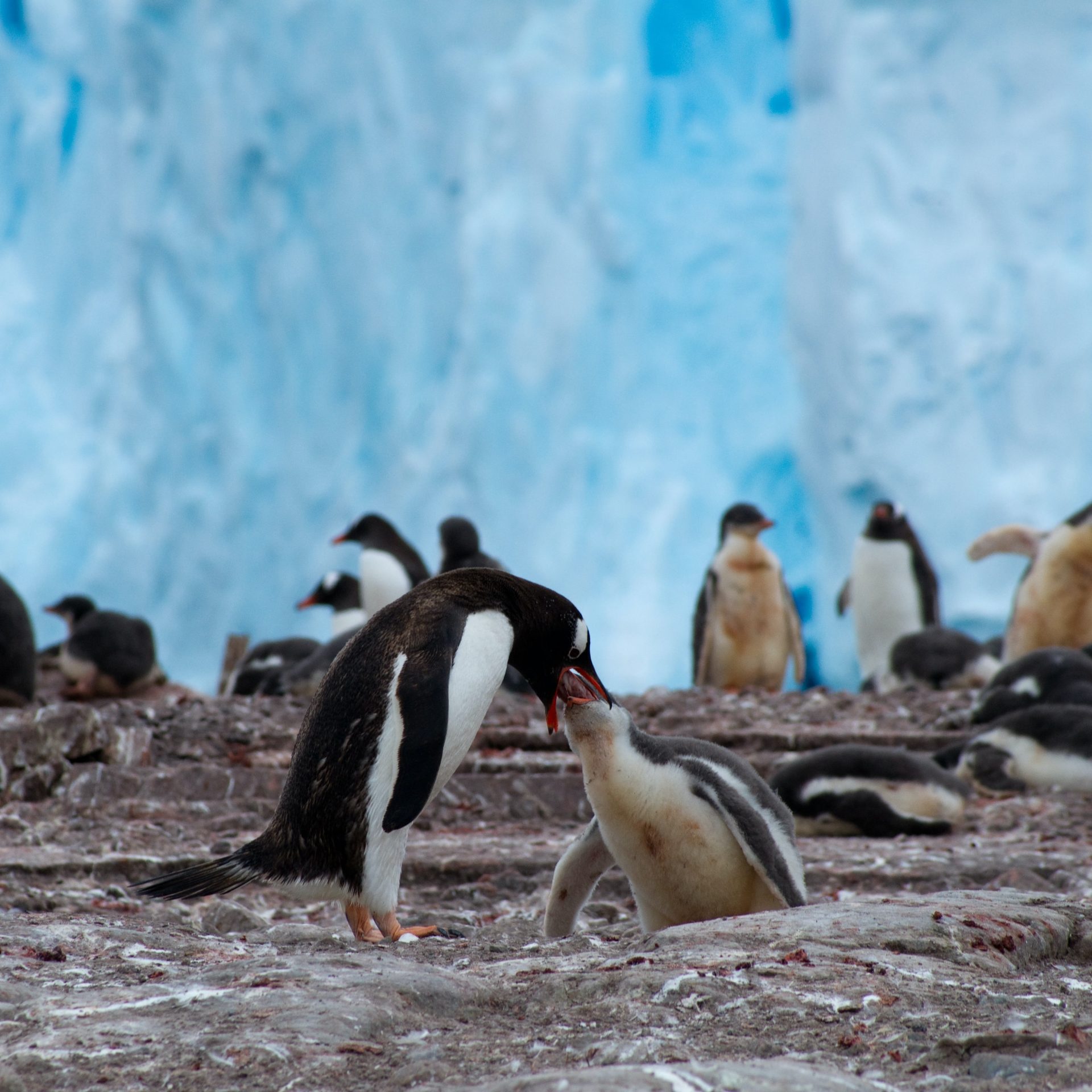
Abstract: The social structure and behaviour of organisms is highly divergent. How can this stunning diversity in nature be explained? I will argue that a few key principles are responsible